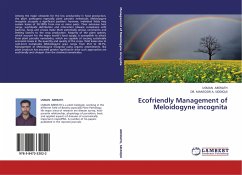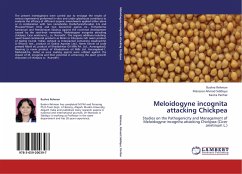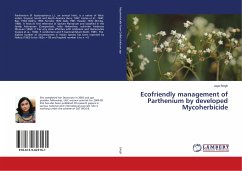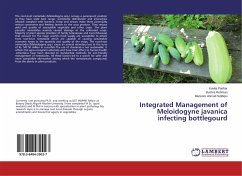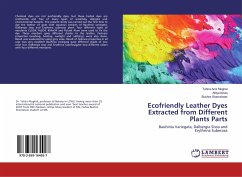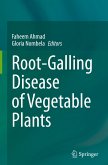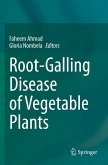Among the major obstacles for the low productivity in food production, the plant pathogens especially plant parasitic nematode; Meloidogyne incognita occupies a significant position: however, individual fields may sustain losses of 50-100% from one or more pests. Their extensive host range, worldwide distribution and interaction (disease complexes) with bacteria, fungi and viruses make them potentially serious constraints and limiting factors to the crop production. Majority of the plant species, which account for the major world s food supply, is susceptible to attack from plant parasitic nematodes, which are capable of causing sustainable economic losses in the quantity and quality of the crops. Yield losses due to root-knot nematodes (Meloidogyne spp.) range from 35.0 to 39.7%. Management of Meloidogyne incognita using organic amendments, like plant products has assumed greater significance since such approaches are ecofriendly and cheaper than the chemical nematicides.
Bitte wählen Sie Ihr Anliegen aus.
Rechnungen
Retourenschein anfordern
Bestellstatus
Storno

